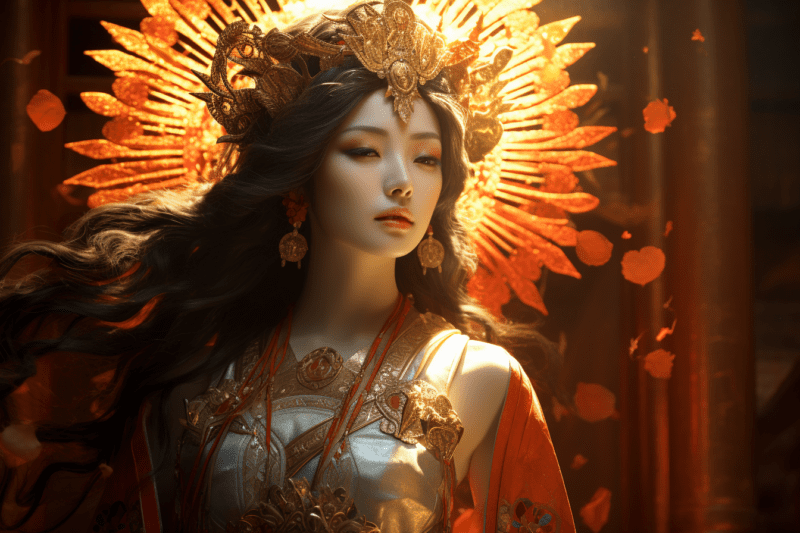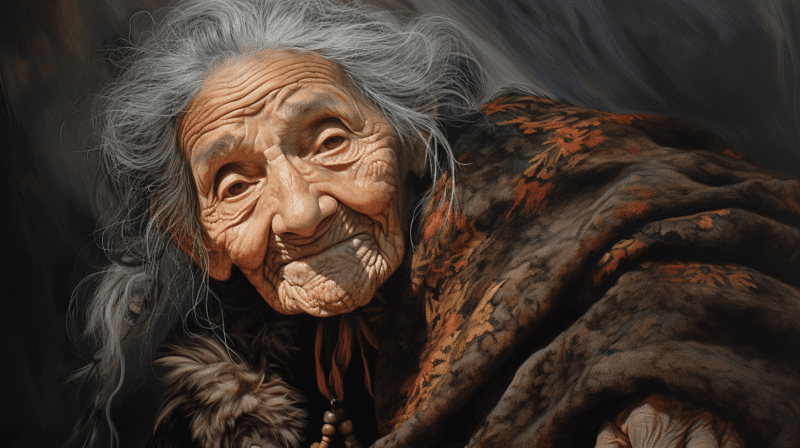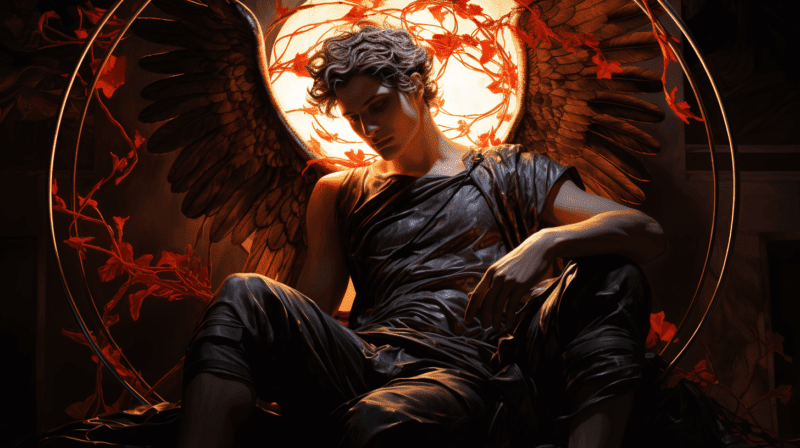The Supreme God
One of the world’s oldest religions, Hinduism, has a rich legacy of deities and gods. Lord Vishnu is one of the most significant deities in Hindu mythology and is regarded as the preserver of the cosmos. In this article, we shall look at Lord Vishnu’s history, mythology, and symbolism.
Introduction to Vishnu
Vishnu is a member of the Trimurti, the Hindu trinity of supreme gods that includes Brahma, the creator, Vishnu, the preserver, and Shiva, the destroyer. Vishnu is revered as the protector of the universe and all living things. He is frequently represented as having four arms and holding a conch shell, a discus, a lotus flower, and a mace.
History of Vishnu
The beginnings of Vishnu can be traced back to the Vedic era, approximately 1500 BCE. In Vedic writings, Vishnu is referred to as a lesser god, but over time, during the Puranic period around 300 CE, he rose in prominence. The Puranas, a series of Hindu texts recounting the tales of the gods and their actions, played a crucial role in elevating Vishnu’s significance.
Vishnu has incarnated on Earth countless times, according to the Puranas, to defend the universe from forces of evil. These incarnations are referred to as avatars, and the most well-known of them are Rama and Krishna. These avatars’ stories are told in the Hindu epics, the Ramayana and the Mahabharata.
Symbolism of Vishnu
Vishnu is frequently represented as having four arms, which represent his omnipresence and omnipotence. His four arms also represent his ability to keep the universe flowing and control the elements of nature. He holds a conch shell in one hand, which represents the primordial sound of creation, and a discus in the other. The lotus flower symbolizes purity and enlightenment, while the mace symbolizes strength and power.
Vishnu is also associated with several animals and birds, including the eagle, garuda, peacock, and boar. Garuda is his vehicle, while the peacock is associated with his consort, Lakshmi, the goddess of wealth and prosperity.
Worship of Vishnu
Vishnu is worshiped in many forms and ways throughout India and other parts of the world. The most common form of worship is puja, a ritual offering of flowers, fruits, and incense to the deity. Vishnu is also worshiped in temples and through devotional songs and hymns.
Some of the most famous temples dedicated to Vishnu include the Tirupati temple in Andhra Pradesh, the Vaishno Devi temple in Jammu and Kashmir, and the Jagannath temple in Puri, Odisha.
Conclusion
In conclusion, Vishnu is an important deity in Hinduism and is considered the preserver of the universe. His stories and mythology have been a source of inspiration and guidance for millions of people for thousands of years. The symbolism associated with Vishnu reflects his omnipotence, omniscience, and his role in maintaining the universe.
Vishnu’s mythology and symbolism continue to inspire millions of people around the world. His role as the preserver of the universe and his various avatars serve as a reminder of the importance of protecting and preserving the world we live in. Whether through worship or storytelling, the legacy of Vishnu will continue to endure for generations to come.
Key Takeaways
Vishnu is one of the Trimurti, the trio of supreme gods in Hinduism that includes Brahma, the creator, Vishnu, the preserver, and Shiva, the destroyer.
Vishnu’s four arms represent his omnipresence and omnipotence. His four arms also symbolize his ability to maintain the universe and control the elements
Some of Vishnu’s most famous avatars include Rama and Krishna, who are revered throughout India and other parts of the world.
Vishnu is worshiped in many forms and ways throughout India and other parts of the world. The most common form of worship is through puja, a ritual offering of flowers, fruits, and incense to the deity. Vishnu is also worshiped in temples and through devotional songs and hymns.
Some of the famous temples dedicated to Vishnu include the Tirupati temple in Andhra Pradesh, the Vaishno Devi temple in Jammu and Kashmir, and the Jagannath temple in Puri, Odisha.





